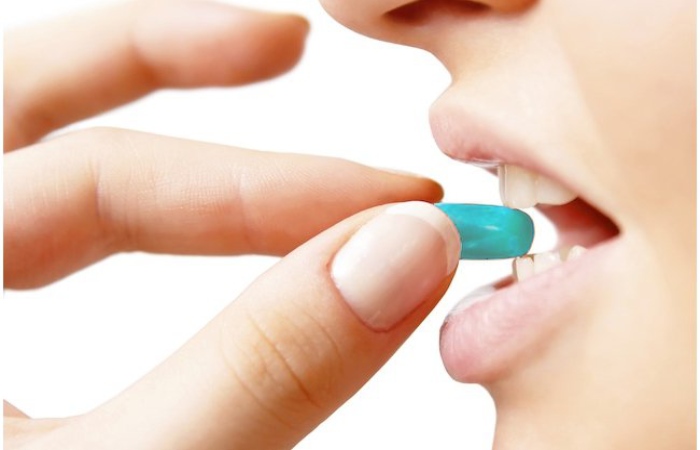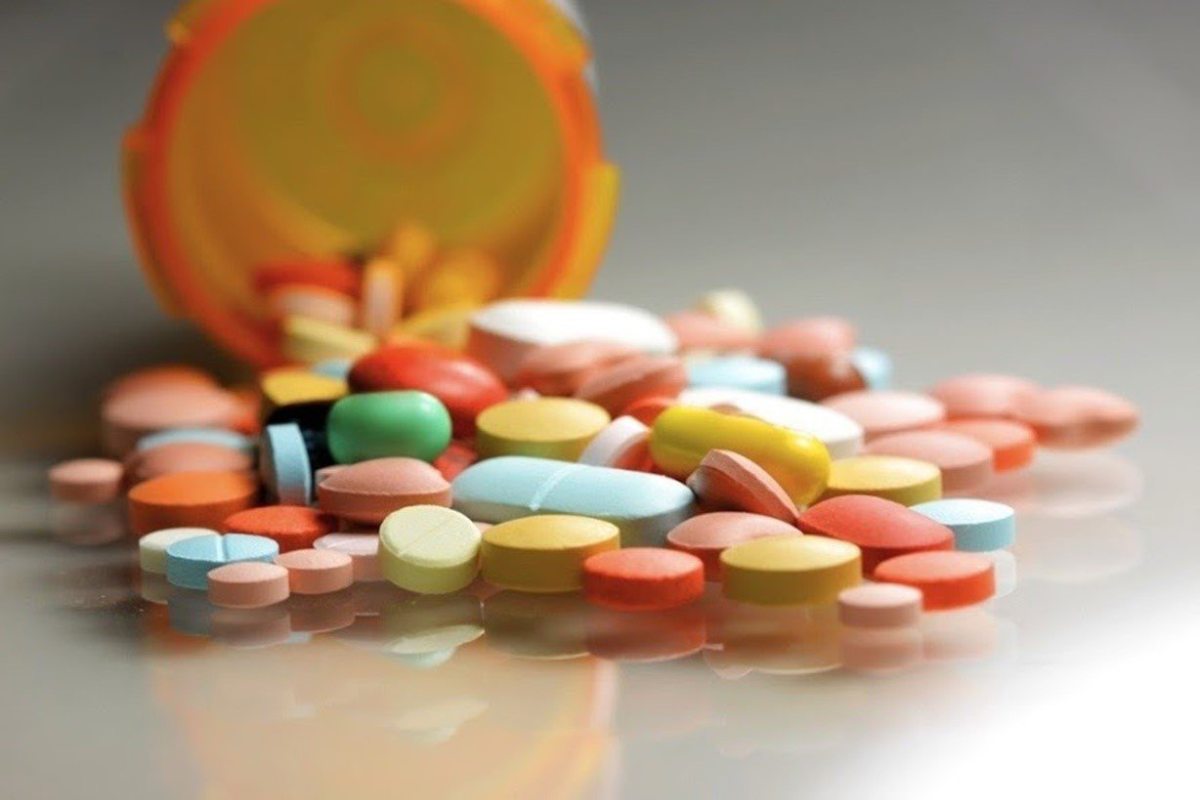Miradone is a prescription medication containing the main ingredient, Amiodarone HCl, used for treating and preventing certain heart arrhythmias, particularly those associated with hemodynamic disturbances and critical ventricular arrhythmias. Here’s how Miradone is typically taken and its common uses:
Table of Contents
How to Take Miradone?

Dosage: The usual starting dose of Miradone is 200 mg (one tablet), taken once a day, often with food to enhance absorption. Your doctor may regulate the dosage based on your reply and the specific arrhythmia being treated.
Duration: Treatment duration can vary depending on your condition and how well you respond to the medication. It is essential to follow your doctor’s advice regarding treatment.
Starting dose: 4-6 tablets/day for 5-7 days; Maintenance dose: 1 to 2 tablets/day, and only use five days/week. For the remaining two days of rest, do not use drugs.
Swallow Whole: Miradone tablets should be swallowed with a full glass of water. The tablet should not crush or chew.
Consistency: Take Miradone simultaneously each day to maintain a consistent level of the drug in your body.
Do not stop abruptly: Do not stop taking Miradone without consulting your doctor, as sudden discontinuation can lead to the recurrence of arrhythmias.
Common Uses of Miradone
Miradone, with its active ingredient Amiodarone, is primarily prescribed for the treatment and prevention of the following conditions:
1. Recurrent Cardiac Arrhythmias
Miradone is used to manage and prevent recurrent cardiac arrhythmias. These irregular heart rhythms, such as atrial fibrillation, atrial flutter, or ventricular extrasystoles, can upset the normal heart rhythm and lead to signs like palpitations, dizziness, and shortness of breath.
2. Hemodynamic Disturbances
It is especially effective in cases where arrhythmias are accompanied by hemodynamic disturbances, which means they affect the normal blood flow and can potentially be life-threatening.
3. Critical Ventricular Arrhythmias
Miradone is also used to treat critical ventricular arrhythmias, which are severe disturbances in the rhythm of the lower chambers of the (ventricles) heart. These can include life-threatening conditions like ventricular tachycardia and ventricular fibrillation.
How does Miradone work?
Miradone is an active drug that can help control microbial development in industrial water systems. However, there are some potential disadvantages that users should be aware of.
When considering groundwater contamination, one of the main concerns should be the possibility of metal pipes and equipment corroding, resulting in costly repairs.
Additionally, if this chemical is released into the environment, it can distress aquatic life.
Miradone Benefits

· Prevents the Growth of Biofilms
Microorganisms that follow to surfaces in a non-freely suspended state can form biofilms.
These sessile communities differ from planktonic cells in several aspects, such as extracellular polymeric substance (EPS) matrix production and lower growth rates.
Biofilms have a communication system and the ability to coordinate gene appearance according to cell density; This is known as quorum sensing. These characteristics make them resistant to treatment, which implies many central epidemic infections.
To prevent biofilm formation, several strategies are active. These include non-stick substances and also biocidal or bactericidal methods.
· Miradone Inhibits the Growth of Bacteria
Miradona differs from most bactericidal antibiotics in that it affects the morphology of bacterial cells (their shape and size) rather than killing them directly.
To achieve this goal, Miradone employs several strategies that include interactions with both the host microorganism’s cells and the extracellular matrix and its extracellular microenvironment.
Additionally, Miradone stimulates several biochemical and cellular signaling pathways that lead to cell death or arrest, such as various cytoskeletal signaling systems, DNA synthesis/repair enzymes, and intracellular metabolic/stress response pathways.
· Prevents Fungal Growth
Antifungal medications exist to treat many fungal infections. Most of these medications are over-the-counter and do not require a prescription.
It is one of these drugs. It inhibits fungal growth by interfering with the production of ergosterol, a chemical essential for forming robust cell membranes in fungi.
Ergosterol is not found in plant or animal cells, making it an ideal compound to eliminate fungi without damaging infected plants or animals. Antifungal agents targeting ergosterol include azoles and allylamines.
· Prevents Algae Growth
Algae are aquatic plants that use sunlight and carbon dioxide for photosynthesis. They can survive in all types of water, from freshwater to salt water (a combination of both).
Climate change is causing harmful algal blooms in more and more places worldwide, threatening human health, the environment, and economies alike.
Excess nutrients from sources such as fertilizers, wastewater, or stormwater runoff can cause eutrophication, which harms algal growth and stream quality.
Miradone side effects
Like most medications, Miradone has side effects, but these side effects are usually not very serious:
Breast; temporary alteration of atrial conduction; Dizziness, headache, ringing in the ears, or tingling sensation; loss of balance; sensitivity to the sun; itching, redness, and rash; Gastrointestinal, liver, or thyroid disorders. Note: In case of unusual reactions during treatment with Miradone, the patient should immediately contact a doctor for appropriate advice.
Notes when taking Miradone
Use caution when administering Miradone to patients with bronchial asthma or thyroid dysfunction. It is always before using this medicine, Consult your doctor.
Pregnant and breastfeeding women should also be careful when using Miradone. Use the medication only if prescribed by a doctor, and health should be monitored.
Follow the doctor’s instructions, and do not use the medicine arbitrarily without a doctor’s prescription.
Keep Miradone out of the reach of children.
Miradone Drug Contraindications
Miradone should not be used in the following circumstances:
Sinus Rhythm Disease Conduction Delay or Disturbance: It is not recommended for patients with specific heart conduction abnormalities. Such as sinoatrial node insufficiency or certain degrees of atrioventricular (AV) block.
Pregnancy: Miradone is contraindicated in pregnant women due to potential risks to the fetus.
Hypersensitivity: Those hypersensitive or allergic to Amiodarone or any other drug components should not use Miradone.
Conclusion
Miradone works by blocking chemicals in your body that cause irregular heartbeat, thus decreasing your risk of developing arrhythmias and improving your quality of life by making you more active and less breathless. It’s crucial to take Miradone precisely as your doctor prescribes and discuss any questions or concerns with them. This medication can have side effects and interactions with other drugs, so close monitoring by a healthcare professional is essential.

